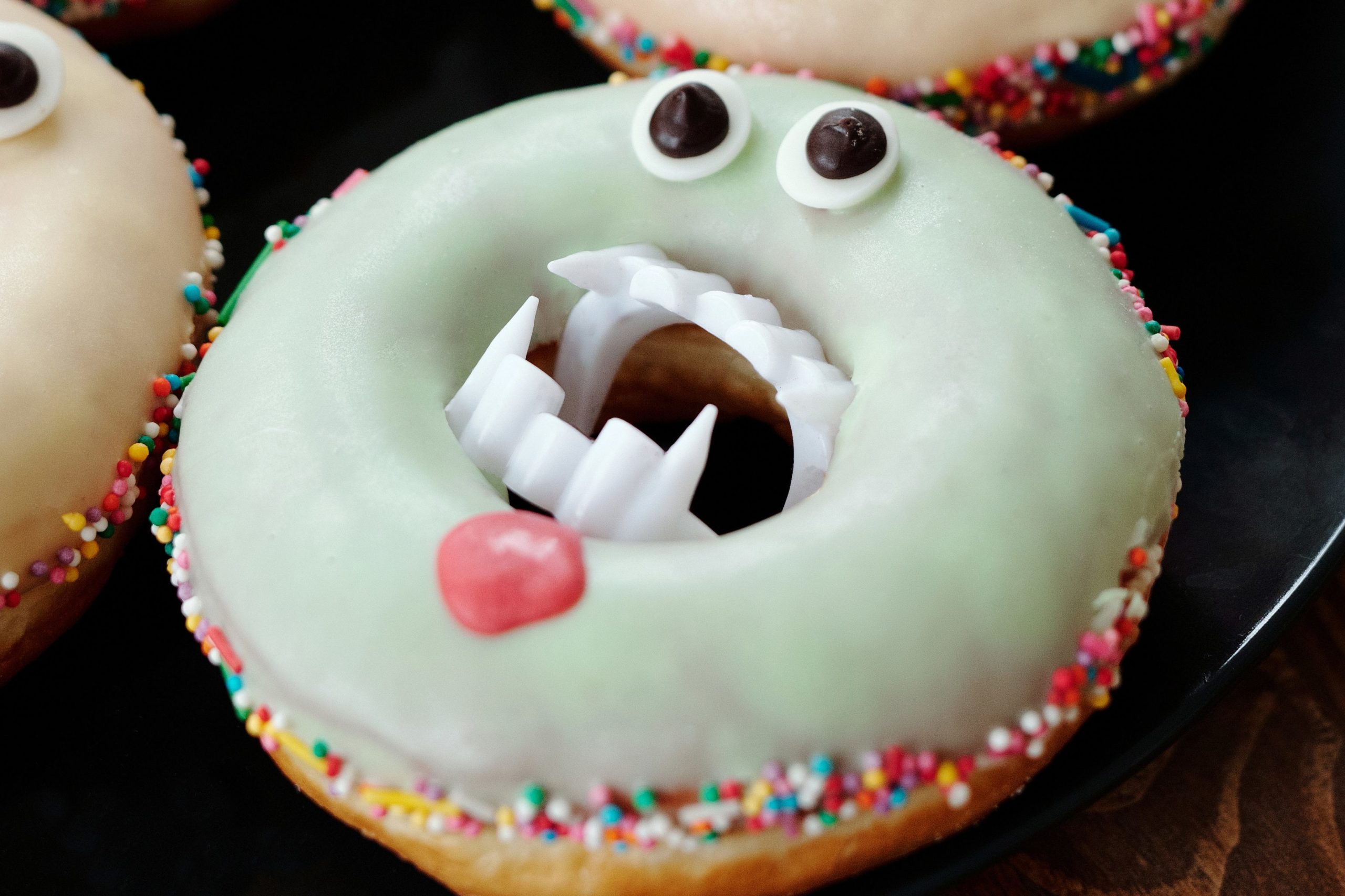At the beginning of your weight-loss journey, your motivation to follow the rules of the tool and to work out consistently is high, this is known to many as the honeymoon stage. And that’s great; that’s the motivation that will launch your weight-loss journey and it will show in your weight loss. But maintaining that level of motivation can be difficult, as work and home life push their way back in. That isn’t a bad thing; it’s just the way the world works. What is bad is when work and home life squeeze you and you start to let old habits from your pre-surgery life start to sneak back in. That’s what this monster is, and it is very sneaky.

“I didn’t see it coming!”
So sneaky, in fact, that at first you may not even notice what is happening. It can start with an M&M here and there, or just a few potato chips—no big deal, you’ve been working out and eating right for months now, right? Well maybe? Having a few cheat meals from time to time is a healthy part of your journey, it can even help with a weight loss stall or plateau. But this is also where a lot of people who have undergone weight-loss surgery start to loosen up a bit too much when it comes to the “rules of the tool.” This shows itself in a weight stall or slight regain. You start to drink with your meals, your focus on protein can wane, you don’t get enough water, and so on.

It’s like looking up and seeing a train come right for you!
An Indulgence Gone too Far
A classic example of this monster can be seen with one of my clients. She hit her six-month post-op mark near the end of the year, right at her favorite holidays, Thanksgiving and Christmas. Until this point, she had been on point with her food, never missed a workout (and did great during them as well). A few months after the holidays, she encountered her first plateau. Weight wasn’t coming off anymore. We talked about it during a few sessions, and she concluded that the holidays had started the change. Until then she hadn’t wanted sweets, but the pull of baking and the traditions around eating were stronger than she imagined. She said she’d limited the amount of sweets to just a few times over that period. But she realized she’d given herself permission to eat a few sweets more often even when the holidays were past. What was supposed to be a treat during a happy time of year for her was all too easily justified after the holidays were over. She started back down an earlier path of eating sweets to calm herself and celebrate herself. She didn’t think too much about it, although she knew what she was doing; it was just something that she had always done in her pre-surgery past. These old habits crept up on her, and the monster had sneaked back into her life. She admits she still fights with it today, but because she is more aware of it and has worked on it with her therapist, she is in better control of the monster.
The moral of this story is not that you have to deprive yourself of foods you find enjoyable. Rather, the story is meant to remind you that if you want these food treats, you need to be very aware of the justifications you give yourself to keep eating them. If there are foods that trigger or calm some emotional side of you, you need to understand that more. It’s very likely that this will be an ongoing relationship dynamic you will have with some foods. Talk it over with people you trust in your support team, as well as with a mental health expert that you trust and who understands the lure of food. Awareness of this monster will go a long way to keeping you on the right track.
If you are looking for more support to battle the monsters that stand in the way of your post-baritric success, reach out.
Geof has been working with bariatric surgery clients for over a decade. His goal with Coaching For Bariatric Success is to give you the tools to make your weight loss successful for the long term.